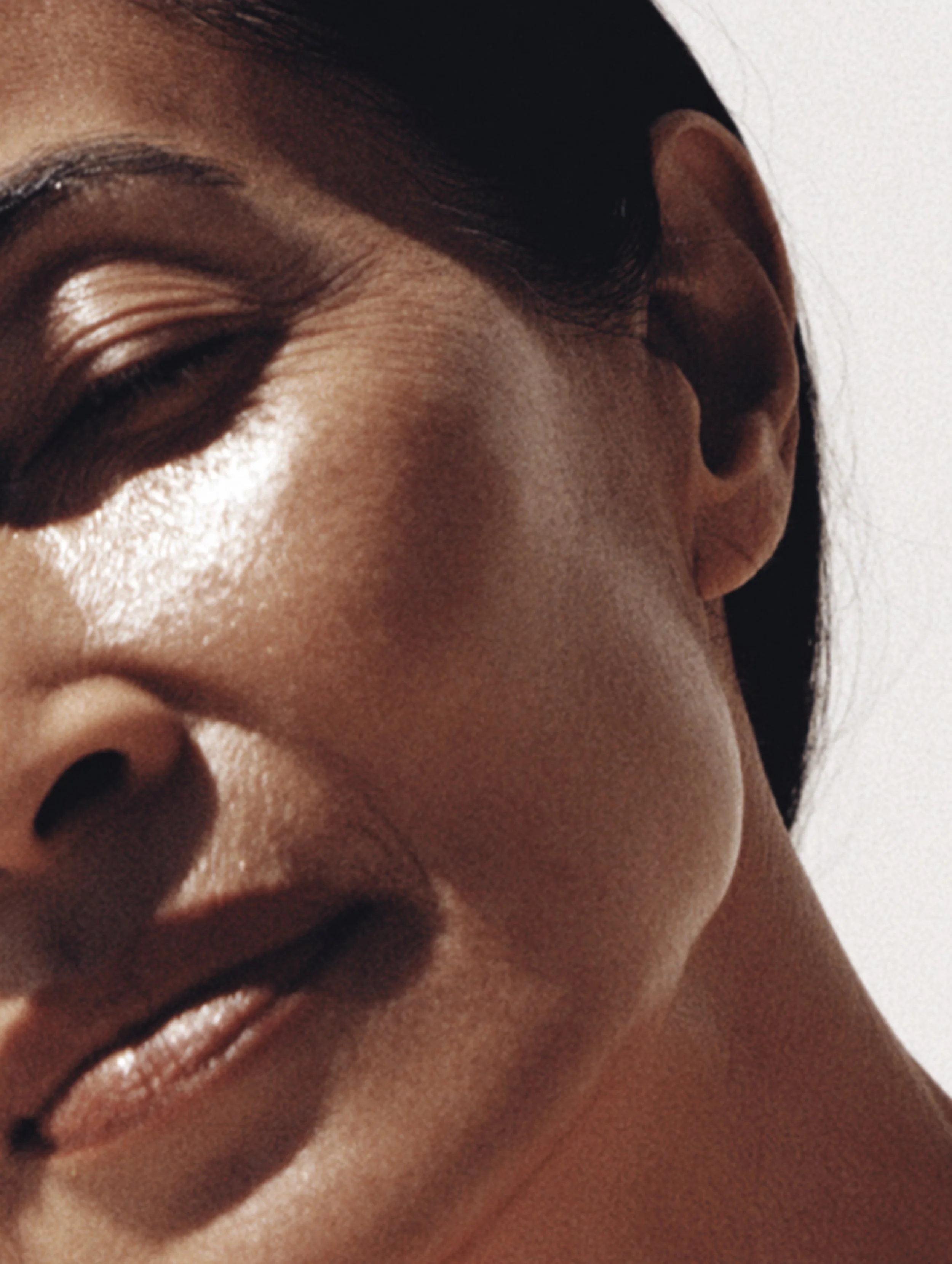How to Identify Your Skin Type (and Choose the Right Products)
Understanding your skin type is one of the most important steps in building an effective skincare routine. Many people struggle with their skin not because their products are “bad,” but because those products aren’t suited to their skin type.
Here’s a simple guide to help you identify your skin type, common misconceptions, and which ingredients may work best for you.
The Main Skin Types
Normal Skin
Feels balanced—not too oily or too dry
Rare breakouts or irritation
Pores appear small to medium
Best ingredients: Vitamin C for brightness, hyaluronic acid for hydration, and gentle exfoliants like lactic acid.
Dry Skin
Feels tight, rough, or flaky
Can look dull or ashy
Makeup may cling to patches
Best ingredients: Hyaluronic acid, ceramides, and gentle exfoliating acids like lactic or mandelic acid to smooth and hydrate.
Oily Skin
Appears shiny, especially in the T-zone (forehead, nose, chin)
Larger pores
More prone to blackheads or breakouts
Best ingredients: Niacinamide to balance oil, salicylic acid (BHA) to clear pores, and lightweight hydrating serums that don’t clog.
Combination Skin
Oily in some areas, dry in others
Often oily in the T-zone and normal/dry on cheeks
Best ingredients: Niacinamide for balance, hyaluronic acid for hydration, and gentle AHAs like mandelic acid.
Sensitive Skin
Easily irritated or red
Reacts quickly to new products or harsh ingredients
Can feel burning or itchy with certain skincare
Best ingredients: Niacinamide (calming), centella asiatica (soothing), and very gentle exfoliants like PHAs.
Skin Types Change Over Time
One important thing to remember: your skin type is not permanent.
It can shift based on:
Age – Skin produces less oil as we get older, often leading to dryness.
Hormones – Puberty, pregnancy, or menopause can all change how your skin behaves.
Seasons + Climate – Skin may feel oilier in the summer and drier in the winter.
Lifestyle + Stress – Diet, medications, and stress can all impact your skin type.
This is why a routine that worked five years ago or even last season may not be what your skin needs today.
Common Misconceptions About Skin Types
Oily skin doesn’t need moisturizer. False. Hydration helps control oil production.
Dry skin just needs a heavy cream. Not always skin may also lack water, not just oil.
Skin type never changes. Hormones, age, climate, and stress can all change your skin type over time.
Why Professional Guidance Matters
While these guidelines are a great starting point, skincare is not one-size-fits-all. Using the wrong products for your skin type can lead to irritation, breakouts, or a weakened skin barrier.
A licensed esthetician can:
Accurately identify your skin type
Create a customized routine for your specific needs
Recommend the right professional treatments and products
✨ Ready to discover your true skin type and build a routine that works? Book a consultation or New Client Facial at Healthy Skyn Club and let’s create a personalized skincare plan that helps you feel confident in your skin.
Until next time…
Brittany


